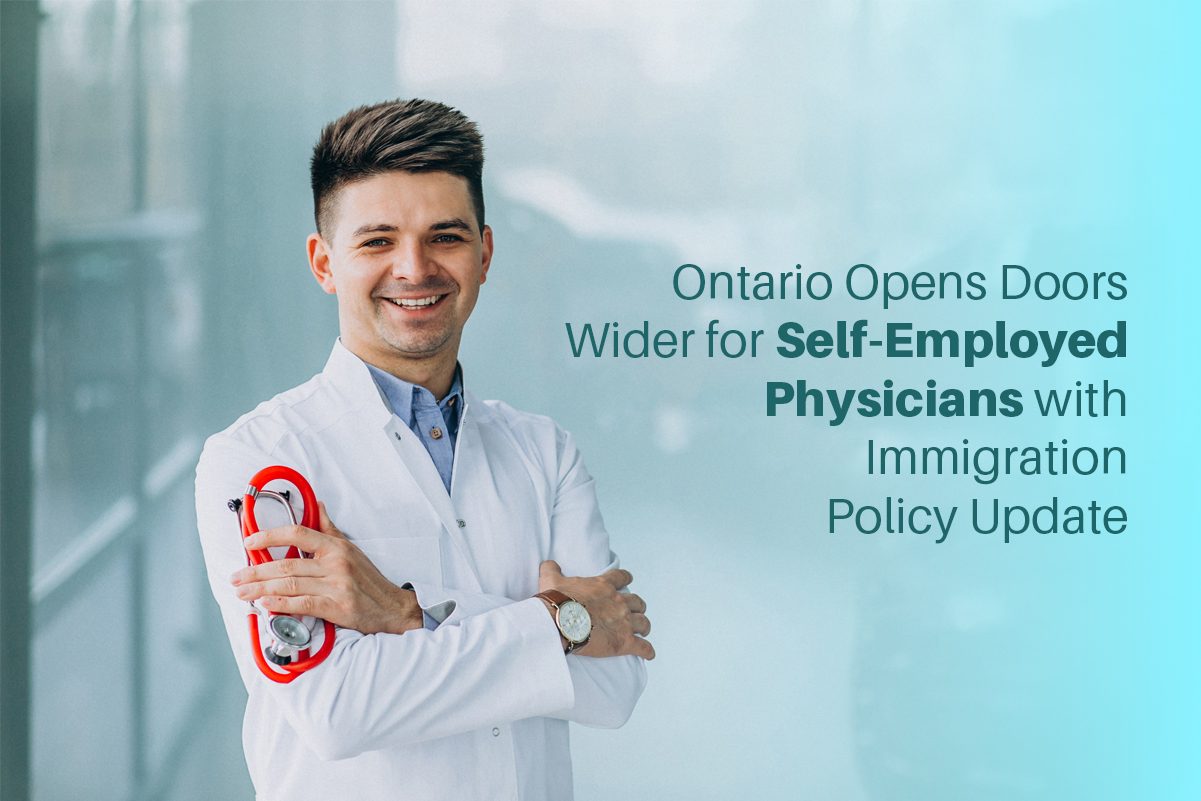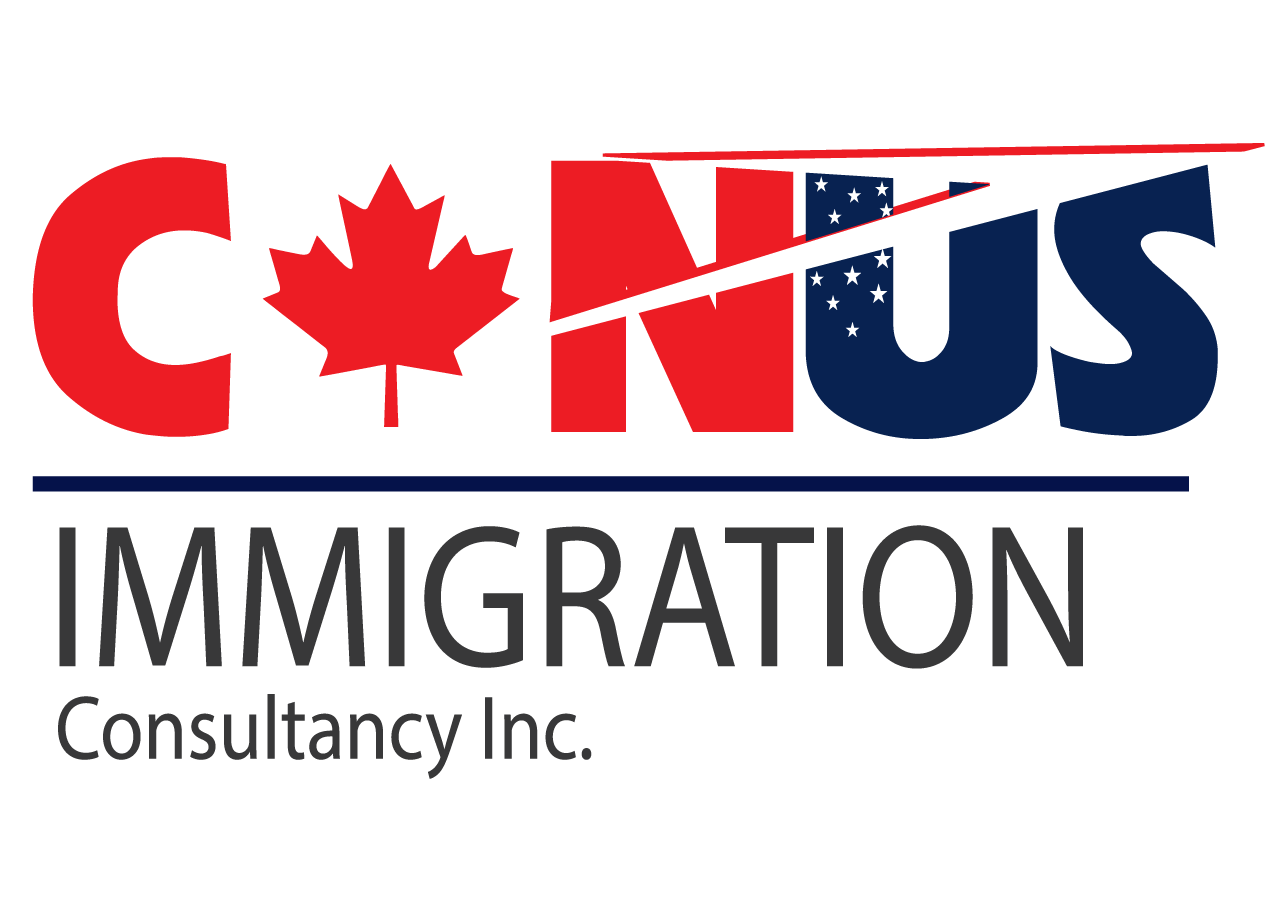Ontario Opens Doors Wider for Self-Employed Physicians with Immigration Policy Update

Ontario has updated its rules to welcome more international doctors who want to live here permanently. The changes in OINP programs now help doctors who work on their own. Through Express Entry Human Capital Priorities, French-Speaking Skilled Worker, and Employer Job Offer Foreign Worker streams, the path is now smoother.
Before these changes, many skilled doctors faced barriers because they were self-employed. The new rules understand that most doctors in Ontario run their own practice. This makes it easier for international doctors to make Ontario their new home.
Eligibility Requirements for International Medical Professionals
The new immigration rules set clear standards for doctors wanting to move to Ontario. The province wants to make sure all doctors meet basic requirements while making the process simpler. These standards help maintain quality healthcare while opening doors for international medical talent.
To qualify under the new rules, doctors need to meet certain requirements:
- Be registered with the College of Physicians and Surgeons of Ontario
- Have the right kind of medical certificate (independent practice, academic practice, or postgraduate education)
- Be able to provide healthcare services that Ontario’s public health insurance covers
- Fit into one of three job categories (clinical specialists, surgeons, or family doctors)
These clear rules help doctors understand exactly what they need to do to move here permanently. The straightforward requirements ensure a smooth transition for qualified medical professionals while maintaining Ontario’s high healthcare standards.
Integration of Provincial and Federal Immigration Initiatives
The federal government already made similar changes to help self-employed doctors. These federal changes affect the Canadian Experience Class and Federal Skilled Worker Program. Now Ontario’s OINP programs work together with these federal programs.
The federal policy doesn’t have an end date – it will continue until the government decides to change it. This gives doctors confidence in planning their move to Canada.
Strategic Impact on Ontario’s Healthcare Infrastructure
Getting healthcare in Ontario can be hard these days. Many people can’t find a family doctor near their home. Small towns and rural areas often have no doctors at all. That’s why Ontario is changing its rules to bring in more doctors from other countries.
More people are moving to Ontario, and everyone needs good healthcare. The province knows it must act now to solve these problems before they get worse.
These changes come at an important time. Ontario needs more doctors because:
- The population is getting older and needs more healthcare
- Many areas don’t have enough doctors
- Healthcare services are in high demand
- Other provinces are also trying to attract healthcare workers
Making it easier for doctors to move here will help fix these problems. More doctors means shorter wait times at clinics and hospitals. It also means people won’t have to drive far to see a doctor.
Professional Standards and Quality Assurance Measures
Even with easier immigration rules, Ontario keeps its high medical standards. Doctors must still prove they can provide good healthcare. They need proper training and must follow all medical rules.
The College of Physicians and Surgeons of Ontario makes sure all doctors meet these standards. This protects patients while welcoming new doctors to help with our healthcare needs.
Long-term Benefits for Ontario’s Healthcare Ecosystem
When doctors get a provincial nomination through these OINP programs, they get 600 extra points in the Express Entry system. This almost guarantees they’ll be invited to apply for permanent residence.
This benefit makes Ontario very attractive to international doctors. It means we can bring in the medical help we need faster and more efficiently.
The long-term advantages go beyond just bringing more doctors to Ontario. These changes will help create a more diverse medical community. Doctors from different countries bring new ways of treating patients and fresh ideas about healthcare. This mix of knowledge and experience can lead to better patient care and new solutions to health problems.
Our healthcare system will also become more stable over time. When doctors know they have a clear path to permanent residence, they’re more likely to choose Ontario as their new home. This helps build a strong medical workforce that can serve our communities for years to come. As word spreads about these positive changes, even more qualified doctors will want to move here.
Future Implications and Expected Outcomes
The latest Immigration Levels Plan for 2025 shows that healthcare workers are a top priority. Ontario’s changes match this national goal. Other provinces like Prince Edward Island, Saskatchewan, Newfoundland and Labrador, and Manitoba are also making plans to attract healthcare workers.
These changes should help solve Ontario’s doctor shortage over time. They make it easier for qualified doctors to move here while keeping our high healthcare standards. This balanced approach will help make healthcare better for everyone in Ontario.
Ontario’s Immigration Landscape for Medical Professionals
Ontario is leading the way in bringing international doctors to Canada. The province makes it easy for healthcare workers to move here through its immigration programs. Recent changes show how much Ontario wants to help solve its shortage of doctors through smart immigration plans.
The province offers these ways for doctors to move here:
- Express Entry Skilled Worker Stream: The fastest way for doctors to come here if they speak English well and have good work experience – takes about 6-8 months
- French-Speaking Stream: Special path for doctors who speak both English and French, helping serve French communities – takes 4-6 months
- Rural and Northern Immigration Pilot: Great chance for doctors who want to work in smaller towns – takes 8-12 months
- Masters Graduate Stream: Extra option for medical researchers and specialists who studied in Ontario – takes 3-4 months
The OINP programs and paths help Ontario build a strong team of doctors from around the world. They show how the province welcomes medical talent to help make healthcare better for everyone.
Want to know more about moving to Ontario as a doctor? Contact Canus Immigration for expert guidance on your journey to Canada.
